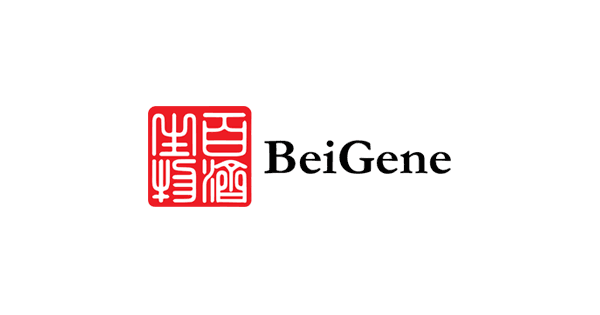CAMBRIDGE, Mass. & BASEL, Switzerland & BEIJING– BeiGene (NASDAQ: BGNE; HKEX: 06160; SSE: 688235), a global, science-driven biotechnology company focused on developing innovative and affordable medicines to improve treatment outcomes and access for patients worldwide, today announced that the China National Medical Products Administration (NMPA) has approved BeiGene’s anti-PD-1 antibody, tislelizumab, in combination with chemotherapy as a first-line treatment for patients with recurrent or metastatic nasopharyngeal cancer (NPC).
“NPC is one of the most common head and neck cancers in China and many parts of Asia. Treatment options have been limited, with chemotherapy primarily provided for front-line care. On behalf of these patients, today’s approval of tislelizumab, a potentially differentiated checkpoint inhibitor, for patients with recurrent or metastatic NPC could provide new hope,” commented Mark Lanasa, M.D., Ph.D., Chief Medical Officer, Solid Tumors at BeiGene. “We look forward to bringing this important immunotherapy to the underserved patient community in China.”
“With nine approved indications in China, our 3,100+ science-based commercial team is working to make tislelizumab more broadly available to those who may benefit from this important immunotherapy,” commented Xiaobin Wu, Ph.D., President, Chief Operating Officer, and General Manager of China, at BeiGene. “Today’s approval is a great step for patients in China with NPC.”
“In the pivotal Phase 3 RATIONALE-309 trial, comparing two arms of patients receiving either tislelizumab in combination with standard chemotherapy, or a placebo with standard chemotherapy, we observed statistical and clinically meaningful improvement in progression-free survival in the tislelizumab arm as assessed by both independent review committee and clinical investigators, and a positive trend in overall survival. These results were consistent with the updated survival data with a follow up time of 15 months, and tislelizumab was generally well tolerated,” said Li Zhang, M.D., professor at the Collaborative Innovation Center for Cancer Medicine, State Key Laboratory of Oncology in South China and Sun Yat-sen University Cancer, and the principal investigator of the trial. “The NMPA’s approval of tislelizumab in NPC is welcoming news to these many patients with the disease.”
This approval was supported by clinical results from the randomized, double-blind, Phase 3 clinical trial RATIONALE 309 (NCT03924986) to evaluate the efficacy and safety of tislelizumab combined with gemcitabine and cisplatin versus placebo combined with gemcitabine and cisplatin as a first-line treatment for patients with recurrent or metastatic NPC.
As announced in May 2021, RATIONALE 309 met the primary endpoint of PFS at the planned interim analysis. Updated efficacy analyses at a median follow-up of 15.5 months, tislelizumab in combination with chemotherapy continued to demonstrate a clinically significant progression-free survival (PFS) benefit over chemotherapy and placebo for patients with RM-NPC. Meanwhile, the tislelizumab arm continued to demonstrate a positive trend in overall survival (OS) and improvement in time to disease progression or death after next-line therapy (PFS2). The safety profile of the tislelizumab and chemotherapy combination was generally manageable and consistent with safety profiles of each treatment agent. These data were presented at an ASCO Virtual Plenary session in April and at the ASCO Annual Meeting in June 2022.


